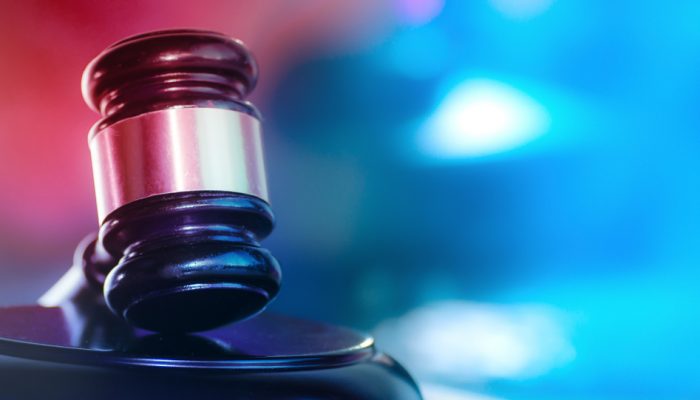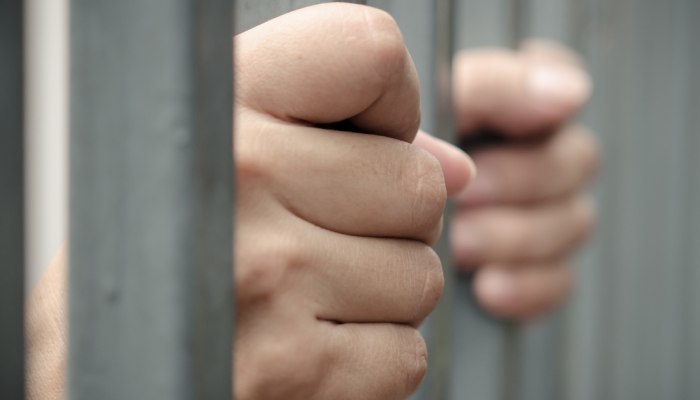Being charged with a DUI can be overwhelming, but a DUI charge doesn’t automatically mean conviction. There are several legal strategies that can be used to challenge the charge, from questioning the traffic stop to challenging the accuracy of field tests and breathalyzer results. In this blog, we’ll explore seven practical defense strategies that could help you avoid a DUI conviction and reduce penalties.
Key Takeaways:
- You can challenge the legality of the traffic stop if the officer didn’t have a valid reason.
- Breathalyzer and field sobriety tests are not foolproof and can be contested in court.
- A skilled attorney can help you navigate these defenses to avoid severe consequences.
Getting charged with a DUI can be a stressful and overwhelming experience. The consequences of a DUI conviction can be severe, including hefty fines, license suspension, and even jail time. However, it’s important to remember that a DUI charge doesn’t automatically mean you’re guilty. There are several defense strategies available that could help you fight the charges and reduce the penalties or even have the case dismissed.
If you’ve been arrested for a DUI, it’s crucial to act quickly and understand the legal avenues available to you. Here are seven practical legal strategies you can consider in your defense.
1. Challenge the Traffic Stop
One of the first things to examine in a DUI case is the traffic stop itself. Police officers cannot stop you without a valid reason. They must have reasonable suspicion that you are violating the law or posing a threat to public safety.
If the officer did not have a legitimate reason to pull you over, this could be grounds for challenging the DUI charge. For example, if the officer stopped you based on a hunch or arbitrary reason, your attorney could argue that the traffic stop was unlawful and that any evidence collected after that point should be inadmissible.
Your lawyer may request evidence from the officer, such as dashboard camera footage or audio recordings of the traffic stop. If the stop was not legally justified, the judge could potentially dismiss the case or rule that certain evidence is inadmissible.
2. Question the Accuracy of the Breathalyzer Test
Breathalyzer tests are often used to determine a driver’s blood alcohol concentration (BAC) level. While these tests are widely used, they are not foolproof, and there are several factors that can cause inaccurate results. A breathalyzer may give incorrect readings due to:
- Improper calibration: If the device hasn’t been properly maintained or calibrated, it may not provide accurate results.
- Health conditions: Conditions like acid reflux, GERD, or diabetes can affect the breathalyzer reading.
- Improper administration: The officer must follow specific procedures when administering the test. Failure to follow these procedures could make the results unreliable.
If your defense attorney can prove that the breathalyzer test was inaccurate or improperly conducted, it may help you get the charges reduced or dismissed. Additionally, they may challenge the officer’s training on how to use the breathalyzer device.
3. Question the Field Sobriety Tests
Field sobriety tests (FSTs) are commonly used by officers to assess whether a driver is impaired. These tests include tasks such as standing on one leg, walking in a straight line, and following an object with your eyes. However, FSTs are subjective and open to interpretation, which means that they can be challenged in court.
Your attorney may argue that:
- Weather conditions: If it was raining or slippery, it may have been difficult to perform the tests properly.
- Medical conditions: Some medical issues, such as balance problems, could make it hard to perform the tests.
- Fatigue or stress: If you were nervous or tired during the tests, it could have affected your performance, and this should be considered when evaluating your results.
- Officer errors: Officers are supposed to give clear instructions on how to perform the tests. If the officer didn’t do so, or if the tests were poorly administered, this could work in your favor.
While FSTs are often used as evidence in DUI cases, their subjective nature means they’re open to challenges.
4. Challenge the Blood Test Results
In cases where a breathalyzer test is not administered or fails, police may take a blood sample to determine your BAC. Blood tests are generally considered more accurate than breath tests, but they can still be challenged on a number of fronts:
- Improper handling: If the blood sample is not handled or stored correctly, it can be contaminated, leading to inaccurate results.
- Timing of the test: Blood alcohol content can decrease over time. If there was a significant delay between the time of arrest and when the blood sample was taken, the results may not accurately reflect your BAC at the time of driving.
- Lab errors: Mistakes made in the lab during testing or analysis of the blood sample can also lead to inaccurate results.
Your lawyer may seek an independent test of your blood sample or request an analysis of the blood test process to determine whether it was handled properly. If any issues arise, your attorney may be able to argue that the results should not be admitted in court.
5. Argue That You Were Not Impaired
One of the most common defenses in DUI cases is that you were not impaired at the time of driving, even if your BAC was above the legal limit. In California, the legal BAC limit is 0.08% for most drivers. However, this doesn’t mean that you automatically lose your case if your BAC is over this limit. There are several ways to argue that you weren’t impaired:
- Tolerance to alcohol: Some people have a higher tolerance for alcohol, meaning they can have a BAC above the legal limit without experiencing the typical signs of impairment.
- Prescription medications: If you were taking medications that can impair driving but did so under the advice of a doctor, your attorney may argue that the medications were responsible for any signs of impairment.
- Food consumption: Eating a large meal before drinking can slow the absorption of alcohol into your system, potentially resulting in a lower BAC than expected.
- Inaccurate timing: If your BAC was tested some time after you were driving, the reading might not accurately reflect your impairment at the time of the traffic stop.
If your lawyer can show that you weren’t impaired, even if you had a BAC above the legal limit, it could help your case.
6. Mistaken Identity or False Accusations
In some cases, a DUI charge can result from a simple mistake. If someone else was driving the car or if the officer mistakenly identified you as the driver, this could be grounds for your defense. A mistaken identity defense typically involves proving that you weren’t the one operating the vehicle at the time of the arrest.
False accusations can also be made, either intentionally or due to confusion. For example, if you were in a parked car with the engine running and an officer assumed you were driving, your attorney may be able to argue that you weren’t operating the vehicle.
In these situations, it’s important to gather evidence, such as witness statements, surveillance footage, or GPS data, to support your claim.
7. The “Rising BAC” Defense
The “rising BAC” defense is based on the idea that your BAC was below the legal limit when you were driving but increased after you were stopped due to the natural processes of alcohol absorption into your bloodstream. Essentially, this argument suggests that by the time you were tested, your BAC was higher than it had been while you were driving, and therefore, you weren’t impaired when operating the vehicle.
This defense requires expert testimony and medical evidence, such as information about how long it typically takes for alcohol to be absorbed and metabolized in your body. It can be a complicated defense, but in certain cases, it has been successful in reducing or dismissing DUI charges.
Take Action to Defend Your Rights
Being charged with a DUI in California is a serious matter, but you don’t have to face it alone. There are several effective defense strategies available to help you avoid a conviction and minimize the impact on your life. Contact the Law Offices of Earl Carter & Associates to schedule a free consultation today to discuss your case and explore your options for defense. Don’t wait – your future may depend on it.


